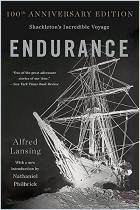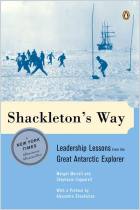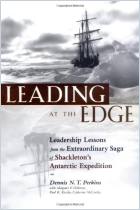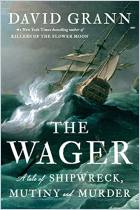Únase a getAbstract para acceder al resumen.

Únase a getAbstract para acceder al resumen.
Kelly Tyler-Lewis
The Lost Men
The Harrowing Saga of Shackleton's Ross Sea Party
Penguin, 2007
¿De qué se trata?
Executive woes: Shackleton’s supply ship crew paid for his disorganization and lack of preparation, with scurvy, frostbite, hunger and loneliness.
Recommendation
The world remembers swashbuckling Antarctic explorer Sir Ernest Shackleton as a selfless leader who would do anything for his men. But this tale of the hardships suffered by his support crew paints a different picture of Shackleton – a charismatic and courageous figure, yes, but also a man whose disorganization and carelessness wasted the lives, health, loyalty and courage of half his party. Three members of Shackleton’s Ross Sea party died while leaving supplies of food that Shackleton never used. Historian Kelly Tyler-Lewis uses the survivors’ journals and interviews with their families to chronicle the Ross Party’s relationships and sacrifices in compelling detail, illuminating the missteps and mismanagement that caused the expedition to go awry. getAbstract recommends this study to managers who want examples of how to respond – and how not to respond – in a crisis.
Summary
About the Author
Historian Kelly Tyler-Lewis, visiting scholar of the Scott Polar Research Institute at the University of Cambridge from 2002 to 2004, is an Emmy Award-winning documentary film writer and producer.






















Comment on this summary